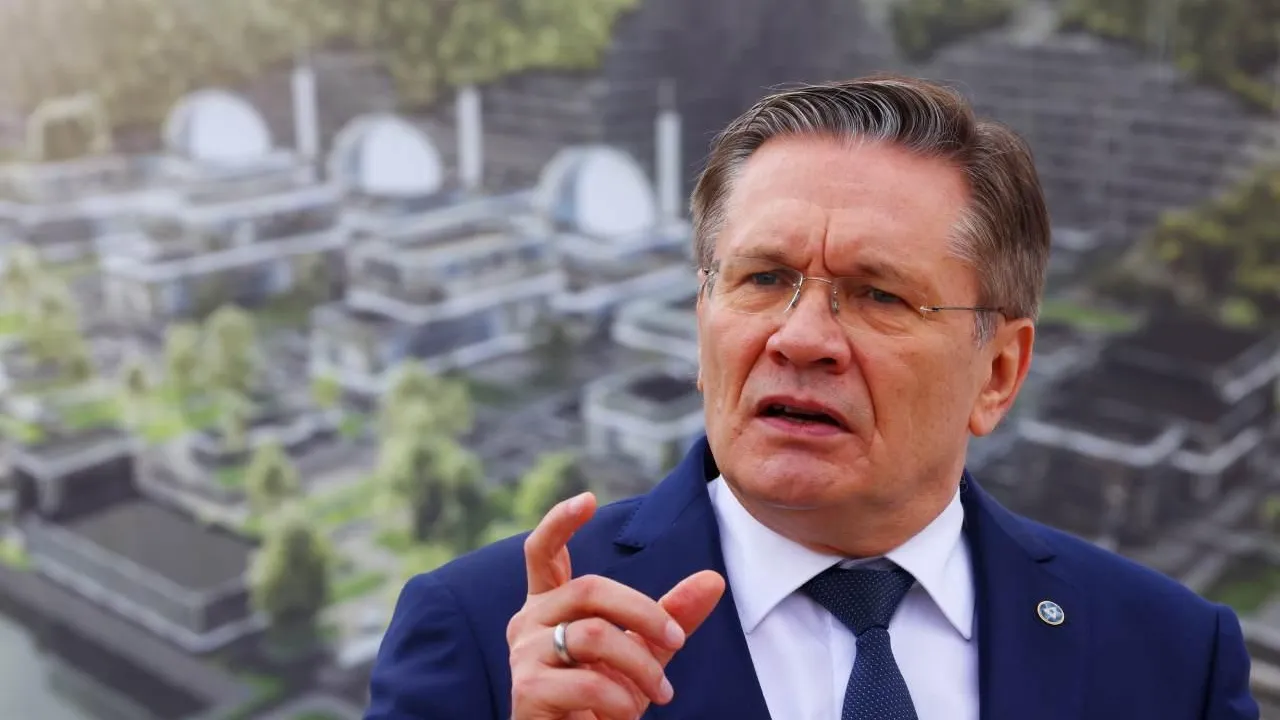 Rosatom will have to build 17 new NPP units by 2035 and decommission about 10 power units over the coming 10 years. This is a big challenge for nuclear scientists, Rosatom Director General Alexei Likhachev told reporters on sidelines of the Nevsky International Ecological Congress. "The President of the Russian Federation decided that it is necessary for nuclear generation to achieve 25% of [the total energy balance] in the 2040s. This is the first challenge - to increase the share,” However, he added that “at the same time, we will face a big challenge”.
Rosatom will have to build 17 new NPP units by 2035 and decommission about 10 power units over the coming 10 years. This is a big challenge for nuclear scientists, Rosatom Director General Alexei Likhachev told reporters on sidelines of the Nevsky International Ecological Congress. "The President of the Russian Federation decided that it is necessary for nuclear generation to achieve 25% of [the total energy balance] in the 2040s. This is the first challenge - to increase the share,” However, he added that “at the same time, we will face a big challenge”.
He explained: “Over the next 10 years there will be around a dozen units, which will need to be decommissioned. These are RBMK units. Some of them may have their operating lives slightly extended, but the vast majority will have to be decommissioned, as they say, in real time. Therefore, we need to build 17 units by 2035." Likhachev said. Two of them are already being prepared – these are at the Kursk NPP. Two more units will be closed at the Leningrad NPP (two are already shut down), two at the Smolensk NPP, and later two more at Kursk.
Likhachev added: "We have a complete programme and understanding of the construction of large units on the territory of the Russian Federation; we have an understanding of mobile, ground-based, small power, and medium power units; and we are already implementing the only fourth-generation reactor project in the world, which will also provide new safety principles and will provide an already justified technological transition to two-component nuclear energy based on a closed fuel cycle." He was referring to the Brest-OD-300 reactor being built in Seversk. The 10th Nevsky International Ecological Congress is taking place in St. Petersburg under the slogan "Ecology: a right, not a privilege”.
Image: Rosatom's Director General, Alexei Likhachev (courtesy of Rosatom)



